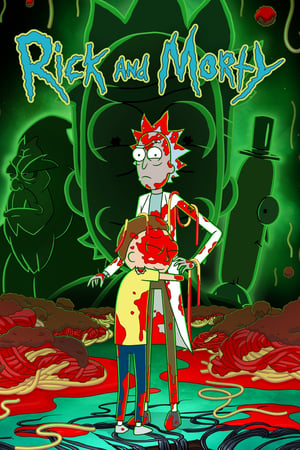1993-01-05
Celia is a seven-year-old girl, belonging to a family of the Madrid bourgeoisie in the early years of the Republic. She is convinced that her mother is really a fairy, and that nothing can happen to her. As for her father, she thinks he is the most handsome and good man in the world. Celia's education is in charge of Miss Nelly, an austere Englishwoman, with whom the girl does not get along. The mother finds no better solution than to beg her childhood nanny, Doña Benita, to come take care of Celia.
1993-01-12
Celia's father has a brother, Rodrigo, a bachelor and a former officer in the African army, who, upon retiring, returns to Madrid with Maimón, a young Moorish, as an assistant. Celia and Maimón fit together admirably, and between the two of them they hatch the most surprising pranks.
1993-01-19
Summer arrives, Celia's hair is cut, so she feels obliged to do the same with her dolls and her cat, Pirracas. This leads some of the servants to believe that an evil form has taken over their lives. At the house of a new friend, Carlotica, the two girls return to their grandfather his already forgotten theatrical illusions, even if it is at the cost of turning the house into a real battlefield. Aunt Julia advises a convent school that she knows to "civilize" and educate the little girl.
1993-01-26
The iron discipline of the nuns is a tremendous shock for Celia, but in reality the change does not affect her as much as one might expect: with the girls at school, Celia does not quite get along and instead, she makes friends with two poor altar boys. and his gang. By chance, Celia discovers a method to be punished, the bad thing is that her generosity and companionship lead her to blame herself for the sins of others. Father Restituto, the school chaplain, imposes a penance on her, and Celia is so impressed by his words that she decides to be a saint.
1993-02-02
The decision to be a saint (or at least a martyr) takes Celia to crazy extremes, against which Don Restituto, the priest, fights. End of year exams are a disaster. One of the nuns devises a trick so that the mother superior asks, in the presence of the families, and each girl answers what is necessary. But for some reason, the plan is changed, and the girls give improbable answers to the general glee. Celia believes she is obliged, on behalf of the teacher, to explain what happened, which aggravates the situation.
1993-02-09
Doña Merlucines arrives at the school, a sour and gossipy old woman who soon makes life miserable for Celia. The war between the two records many battles, of different tone and magnitude. Celia has to take refuge in her hiding place in the orchard to feel free. Some puppeteers arrive who say they are on their way to China. Celia can't go with them, but she can in her imagination.



















